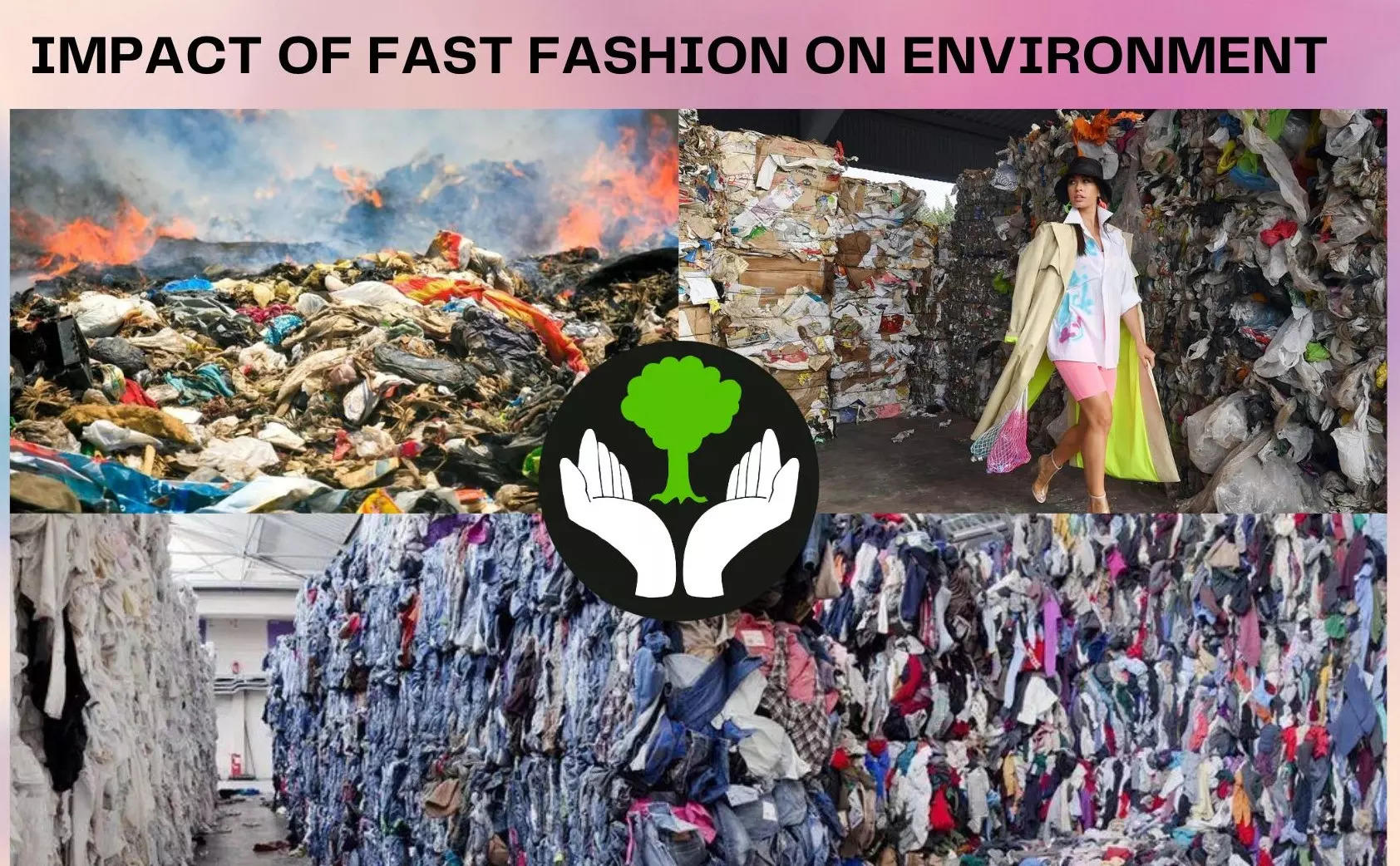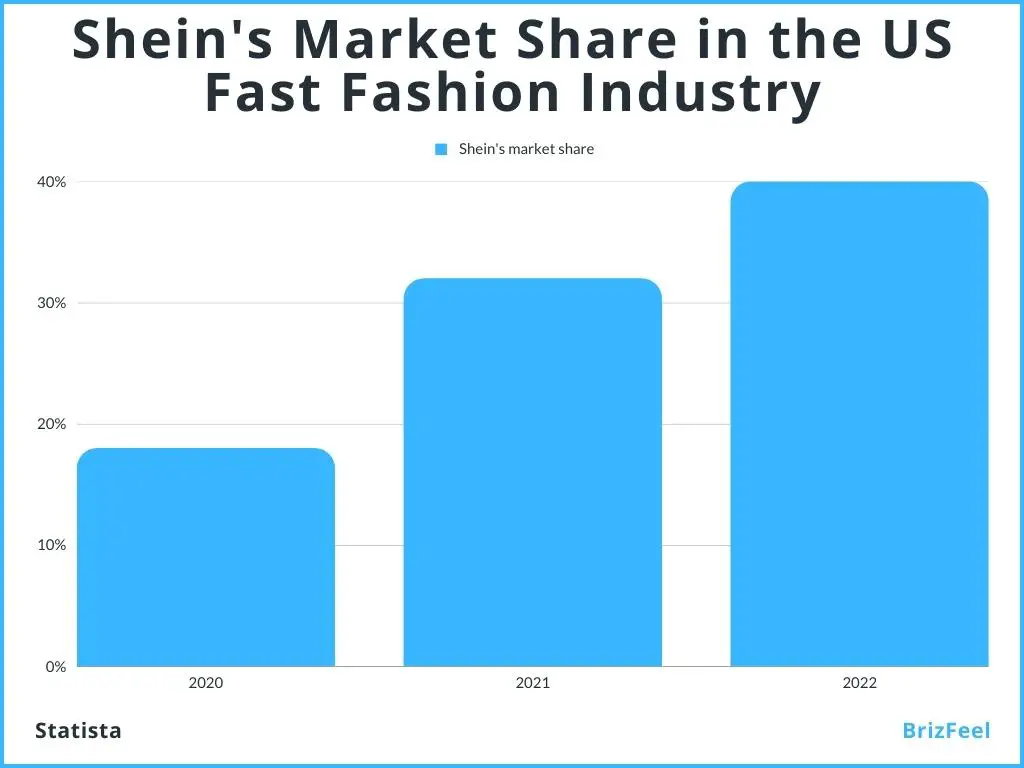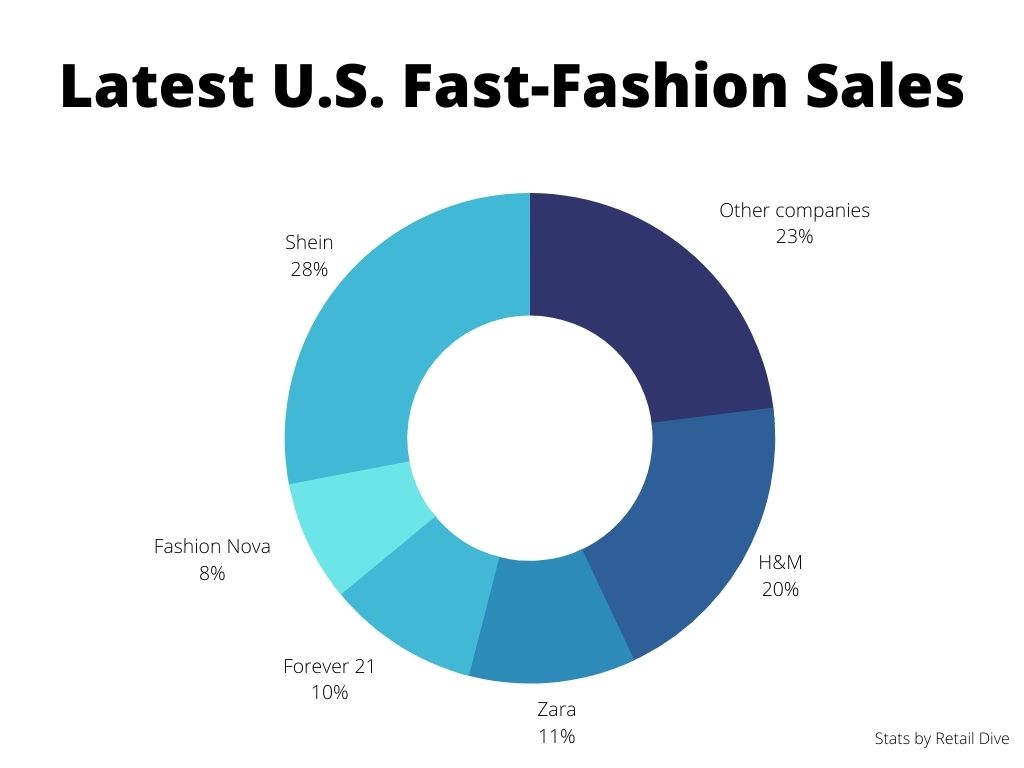The Dark Side of the Runway: Examining the Environmental and Ethical Costs of Fast Fashion, Illustrated by Shein
Related Articles: The Dark Side of the Runway: Examining the Environmental and Ethical Costs of Fast Fashion, Illustrated by Shein
Introduction
With great pleasure, we will explore the intriguing topic related to The Dark Side of the Runway: Examining the Environmental and Ethical Costs of Fast Fashion, Illustrated by Shein. Let’s weave interesting information and offer fresh perspectives to the readers.
Table of Content
The Dark Side of the Runway: Examining the Environmental and Ethical Costs of Fast Fashion, Illustrated by Shein

The allure of fast fashion is undeniable: trendy clothing at incredibly low prices, constantly updated with the latest styles. But behind this appealing facade lies a complex and often troubling reality. This essay examines the environmental and ethical implications of fast fashion, using Shein as a prominent example, to shed light on the hidden costs of our insatiable desire for cheap clothes.
The Environmental Impact of Fast Fashion:
The fast fashion industry thrives on rapid production and consumption cycles. This translates to a staggering amount of resource depletion and pollution. Shein, a leading player in the fast fashion market, exemplifies this trend. The company’s business model relies on churning out thousands of new designs every week, each with a short lifespan before being discarded.
1. Textile Production and Waste:
- Resource Depletion: Fast fashion relies heavily on natural resources, including cotton, polyester, and other synthetic fibers. Cotton production consumes vast amounts of water and pesticides, contributing to water scarcity and soil degradation.
- Excessive Waste: The rapid turnover of clothing leads to a massive amount of textile waste. According to the Environmental Protection Agency, only 15% of clothing is recycled in the United States, with the rest ending up in landfills.
- Shein’s Impact: Shein’s production volume is immense, translating to a significant contribution to textile waste. The company’s reliance on low-cost, often synthetic materials further exacerbates the environmental burden.
2. Water Consumption and Pollution:
- Water Intensive Production: Textile production is water-intensive, especially for cotton cultivation. The dyeing and finishing processes also consume significant amounts of water and generate wastewater laden with harmful chemicals.
- Pollution and Contamination: These chemicals often end up in rivers and waterways, polluting ecosystems and harming aquatic life.
- Shein’s Impact: Shein’s vast production scale leads to a disproportionate impact on water resources. The company’s reliance on synthetic fibers, which require more water and energy to produce, further amplifies this problem.
3. Greenhouse Gas Emissions:
- Energy Consumption: The production and transportation of clothing require significant energy, contributing to greenhouse gas emissions.
- Synthetic Fibers: Synthetic fibers like polyester are derived from fossil fuels, further increasing carbon emissions.
- Shein’s Impact: Shein’s reliance on synthetic fibers and its global supply chain contribute significantly to greenhouse gas emissions.
Ethical Concerns of Fast Fashion:
The fast fashion industry’s focus on speed and low prices often comes at the expense of worker rights and fair labor practices. Shein, like many fast fashion companies, has faced criticism for its labor practices.
1. Exploitation of Workers:
- Low Wages: Workers in fast fashion factories often face low wages and long working hours, struggling to make ends meet.
- Unsafe Working Conditions: Poor working conditions, including overcrowding, lack of safety equipment, and exposure to hazardous materials, are common in many fast fashion factories.
- Shein’s Impact: While Shein claims to uphold ethical labor standards, reports have surfaced alleging poor working conditions and low wages in its supply chain.
2. Lack of Transparency:
- Hidden Supply Chains: Fast fashion companies often operate with opaque supply chains, making it difficult to track the origin of their products and the conditions under which they are made.
- Shein’s Impact: Shein’s complex supply chain and lack of transparency make it challenging to assess the ethical implications of its production practices.
3. Environmental Injustice:
- Disproportionate Impact: The environmental burden of fast fashion disproportionately affects marginalized communities, particularly in developing countries where textile production is often concentrated.
- Shein’s Impact: While Shein’s production facilities are located in various countries, the environmental impact is felt most acutely in communities near these facilities.
FAQs about Fast Fashion and Shein:
1. What are the alternatives to fast fashion?
Consumers can choose sustainable fashion brands that prioritize ethical and environmental practices. These brands often use organic materials, fair labor practices, and sustainable manufacturing methods.
2. How can I reduce my consumption of fast fashion?
- Buy less: Purchase only items you truly need and will wear for a long time.
- Invest in quality: Choose well-made garments that are designed to last.
- Repair and mend: Instead of discarding damaged clothes, learn to repair or mend them.
- Shop secondhand: Explore thrift stores, consignment shops, and online marketplaces for pre-loved clothing.
3. What is Shein doing to address its environmental and ethical concerns?
Shein has taken some steps to improve its sustainability practices, including using recycled materials and reducing its carbon footprint. However, critics argue that these efforts are insufficient and lack transparency.
4. How can I hold fast fashion companies accountable for their practices?
Consumers can exert pressure on fast fashion companies by supporting ethical brands, demanding transparency, and advocating for policy changes that promote sustainable and ethical practices.
Tips for Consumers:
- Prioritize quality over quantity: Invest in fewer, well-made garments that will last longer.
- Shop secondhand: Explore thrift stores, consignment shops, and online marketplaces for pre-loved clothing.
- Learn to repair and mend: Extend the lifespan of your clothes by repairing or mending them instead of discarding them.
- Support sustainable brands: Choose brands that prioritize ethical and environmental practices.
- Demand transparency: Encourage brands to be transparent about their supply chains and labor practices.
- Advocate for change: Support organizations working to promote sustainable and ethical fashion practices.
Conclusion:
The fast fashion industry, exemplified by Shein, poses significant environmental and ethical challenges. Its relentless pursuit of low prices and rapid turnover comes at a high cost to the planet and its people. By understanding the complex issues surrounding fast fashion, consumers can make informed choices and demand greater accountability from the industry. Shifting towards a more sustainable and ethical fashion system requires collective action from consumers, brands, and policymakers. By embracing mindful consumption, supporting ethical brands, and advocating for change, we can contribute to a future where fashion is both stylish and responsible.







Closure
Thus, we hope this article has provided valuable insights into The Dark Side of the Runway: Examining the Environmental and Ethical Costs of Fast Fashion, Illustrated by Shein. We appreciate your attention to our article. See you in our next article!
